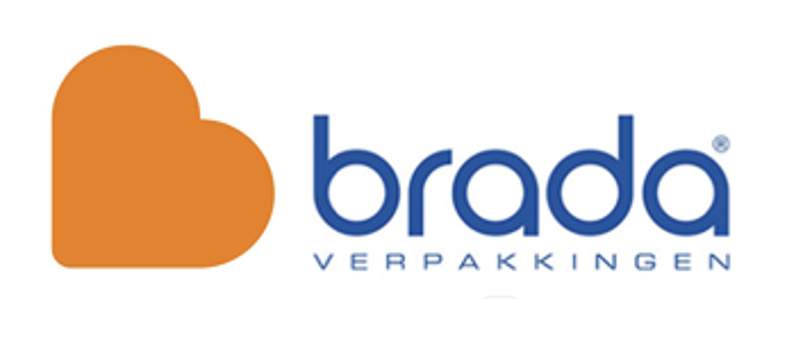

All categories
Vacuum pouches
Plastic trays
Hygiene
Tableware
Logistics
Close
No products found...
Recyclable plastic usually consists of Biobased plastic. Biobased plastic is made wholly or partly from material produced from biomass. Instead of fossil raw materials. Some of these materials are biodegradable. But not all. As the demand for plastic continues to grow. The demand for more sustainable solutions for plastic is therefore also growing. The well-known forms of plastic. Made from fossil raw materials. Can be replaced with drop-in plastics. This is a term for Biobased plastic. This reduces the CO2 footprint. While the other properties. Such as the lifespan and possibility to recycle it are preserved.
The so-called 'drop ins' are identical in chemical structure and characteristics to conventional forms of plastic. An example of a drop-in plastic is biobased PET. Biobased PET is partly made from ethylene glycol, an organic compound that is commonly found in plants. It is used in various products such as bottles. Another example of a drop-in plastic is biobased polypropylene (PP). This is made from waste products and residual oils, such as used frying fat.
Pet
polyethylene terephthalate is also abbreviated as PET. PET is a thermoplastic polyester, which means that it melts when heated and is deformable. PET is a clear transparent plastic that is sturdy and lightweight. The plastic type is indicated with recycling code 1. Trays and blisters are made from PET for the food industry. For example, salads, pastries and sandwiches are packaged in PET.
PP
PP stands for polypropylene or polypropylene. It is a virtually unbreakable plastic. The fabric is fairly stiff, has a high temperature resistance and has good resistance to chemical solutions and acids. In addition, polypropylene is resistant to bacterial growth and the material can be used after it has been heated. Take any shape you want. According to the latest research, polypropylene is non-toxic. PP plastic can also be recycled well. PP has the recycle code 5
Recycle Codes
Recycling codes are used to identify the material from which an item is made. To make recycling or other processing easier. You can easily recognize the presence of a recycling code. It can be recognized by a logo of chasing arrows or a resin code. However, it is not an automatic indicator that a material is recyclable. It is an explanation of what the item is made of.
There are many reasons why plastic recycling is important. When plastic is left in landfills and other places, it only breaks down into tiny microparticles. Microplastics are invisible to the naked eye and permeate every aspect of our lives. When we focus on recycling existing plastic, we reduce the need to produce new plastic. Plastic production can be a very invasive process. More mining is needed and more natural resources are used, creating harmful by-products. If we recycle more, this whole chain can be broken, which has a positive effect on our natural resources.
There are many different types of recycled plastic. We will describe a number of products below.
PP Gastro dishes
P scales are great for packaging or items that will be shipped long distances or used repeatedly. PP packaging is softer and lighter than PVC/PET/RPET packaging, but has superior durability and structural integrity.
PP shells can be reused several times. If you need to dispose of the PP shell, make sure to dispose of it with the plastic waste. This ensures that the plastic container is fully recycled.
PP Menu scale
What we have to offer is pure quality, we mainly focus on offering you the best and that's what we do, our menu trays are made of PP. Due to the lower emissions, polypropylene (PP) is a greener alternative than PVC/PET/RPET and lighter than other materials. It is great for packaging or items that will be shipped over long distances or used repeatedly. PP packaging is softer and lighter than PVC/PET/RPET packaging, but has superior durability and structural integrity.
PP lids
PP lids are great for packaging or items that will be shipped long distances or used repeatedly. PP packaging is softer and lighter than PVC/PET/RPET packaging, but has superior durability and structural integrity.
PP lids can be reused several times. If you have to throw away the PP lids, make sure it is thrown away
Do you have any questions about kraft cups or can't find the product you're searching for? Please Contact us and we will work together to find a solution.
We are continually looking for methods to enhance or expand our product line. So please don't hesitate to let me know if something is missing. If you place an order with us, we will ship it the same day if it is in stock. On orders of €150 or more, we also provide free delivery.
Number: 0180 750 440
Email: [email protected]
We are available by phone from Monday to Friday. From 08:00 to 17:00. If you send an email, we'll make sure it's answered within 24 hours!
Are you a major consumer of these products? Request a quotation and be assigned your own personal account manager! As a result, you receive the best service and the best prices on our kraft cups!